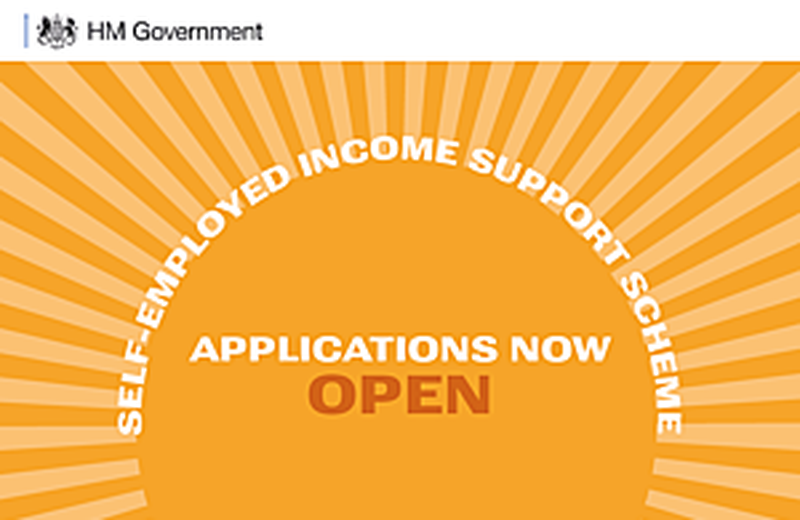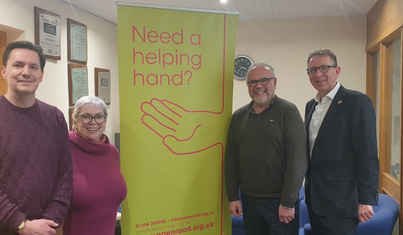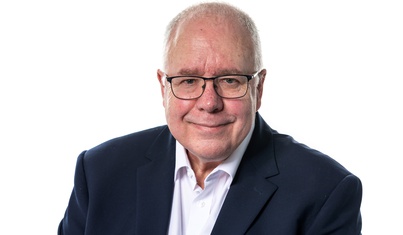The online application service for the fourth Self Employed Income Support Scheme grant is open for applications. The fourth grant covers 1 February 2021 to 30 April 2021.
There is no requirement that an earlier SEISS grant has been claimed in order to be able to claim the upcoming fourth grant.
Claims for this fourth tranche of grants for the self-employed must be submitted by 1 June 2021.
Who can claim?
To be eligible for the fourth grant you must be a self-employed individual or a member of a partnership. You cannot claim the grant if you trade through a limited company or a trust.
You must have traded in both tax years:
- 2019 to 2020 and submitted your tax return on or before 2 March 2021
- 2020 to 2021
You must either:
- be currently trading but are impacted by reduced demand due to coronavirus
- have been trading but are temporarily unable to do so due to coronavirus
You must also declare that you:
- intend to continue to trade
- reasonably believe there will be a significant reduction in your trading profits
Reasonable belief
In order to claim the fourth grant, you must reasonably believe that you’ll suffer a significant reduction in trading profits due to reduced business activity, capacity, demand or inability to trade due to coronavirus between 1 February 2021 and 30 April 2021. You must keep evidence that shows how your business has been impacted by coronavirus resulting in less business activity than otherwise expected.
HMRC expects you to make an honest assessment about whether you reasonably believe your business will have a significant reduction in profits.
Significant reduction
Before you make a claim, you must decide if the impact on your business between 1 February 2021 and 30 April 2021 will cause a significant reduction in your trading profits for the tax year you report them in.
HMRC cannot make this decision for you because your individual and wider business circumstances will need to be considered when deciding whether the reduction is significant.
You should wait until you have a reasonable belief that your trading profits are going to be significantly reduced, before you make your claim.
You do not have to consider any other coronavirus scheme support payments that you have received when deciding if you’ve had a significant reduction in your trading profits.
If your business is temporarily unable to trade
You must keep evidence if your business has been unable to trade due to coronavirus, such as:
- a record of dates where you had to close due to government restrictions;
- NHS Test and Trace communications - if you’ve been instructed to self-isolate in-line with NHS guidelines and are unable to work from home;
- a letter or email from the NHS asking you to shield;
- test results if you’ve been diagnosed with coronavirus; and
- letters or emails from your child’s school with information on closures or reduced hours.
How HMRC works out your eligibility based on your tax returns
To work out your eligibility for the fourth grant they will first look at your 2019 to 2020 Self-Assessment tax return. Your trading profits must be no more than £50,000 and at least equal to or more than your non-trading income.
If you’re not eligible based on your 2019 to 2020 Self-Assessment tax return, they’ll then look at the tax years 2016 to 2017, 2017 to 2018, 2018 to 2019 and 2019 to 2020.
How different circumstances affect the scheme
There are some circumstances that can affect your eligibility such as if:
- your return is late, amended or under enquiry
- you’re a member of a partnership
- you had a new child
- you have loans covered by the loan charge provisions
- you claim averaging relief
- you’re a military reservist
- you’re non-resident or chose the remittance basis
If you claim Maternity Allowance this will not affect your eligibility for the grant
How much you’ll get
The fourth grant is calculated at 80% of 3 months’ average trading profits. It will be paid out in a single instalment and capped at £7,500 in total. How much you receive will depend on your average trading profits.
HMRC work out your average trading profits using up to 4 years’ of submitted tax returns. This may affect the amount you’ll get which could be higher or lower than your previous grants.
HMRC will take into account trading profits from the 2016 to 2017, 2017 to 2018, 2018 to 2019 and 2019 to 2020 tax years. If you have a gap in the years you have traded, they will only use your most recent returns after the gap to work out the grant.
This is an example of how they will work out how much grant you’ll get if your average trading profits were £42,000 over the last 4 tax years.
Example
- Start with your average trading profit (£42,000).
- Divide by 12 = £3,500.
- Multiply by 3 = £10,500.
- Work out 80% of £10,500 = £8,400. You’ll receive £7,500 due to the cap.
How to make a claim?
To find out more and to make a claim, please visit the gov.uk website
To make a claim, applicants will need the following:
- Self-Assessment Unique Taxpayer Reference (UTR);
- National Insurance number;
- Government Gateway user ID and password; and
- UK bank details including account number, sort code, name on the account and address linked to the account.
How the grant is treated
The grant is subject to Income Tax and self-employed National Insurance Contributions. It must be reported on your 2021 to 2022 Self-Assessment tax return.
The grant also counts towards your annual allowance for pension contributions.
SEISS grants are not counted as ‘access to public funds’, and you can claim the grant on all categories of work visa.
The fifth grant
There will be a fifth grant covering May 2021 to September 2021.
HMRC are expected to provide guidance on how to claim the fifth grant in due course.



